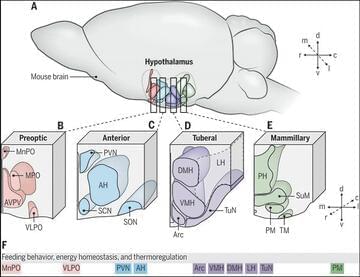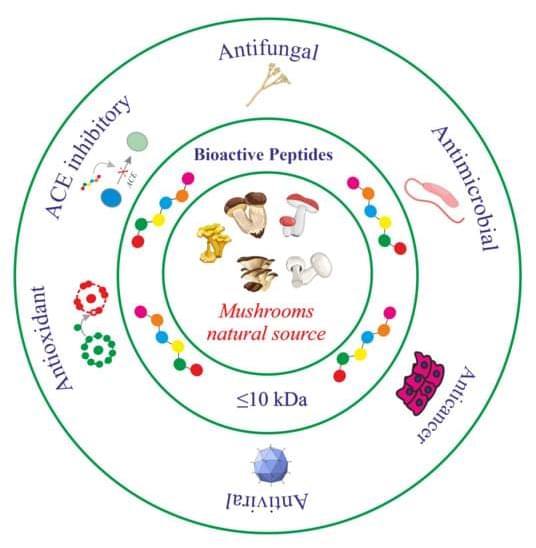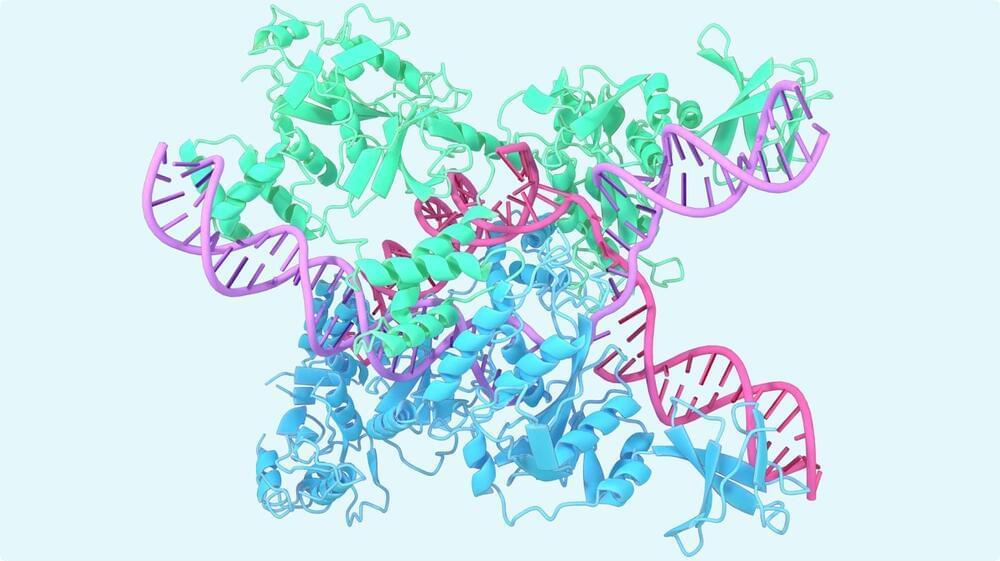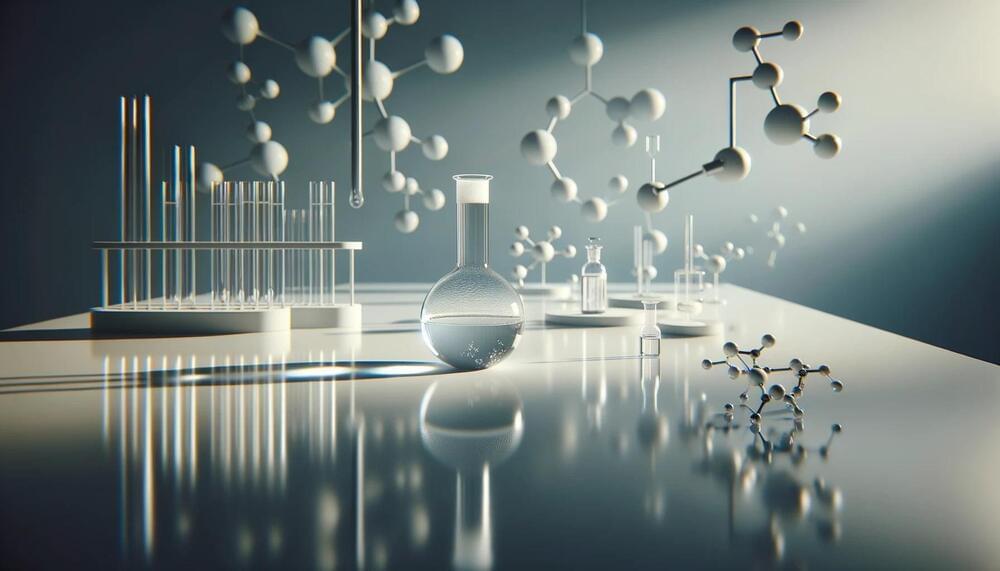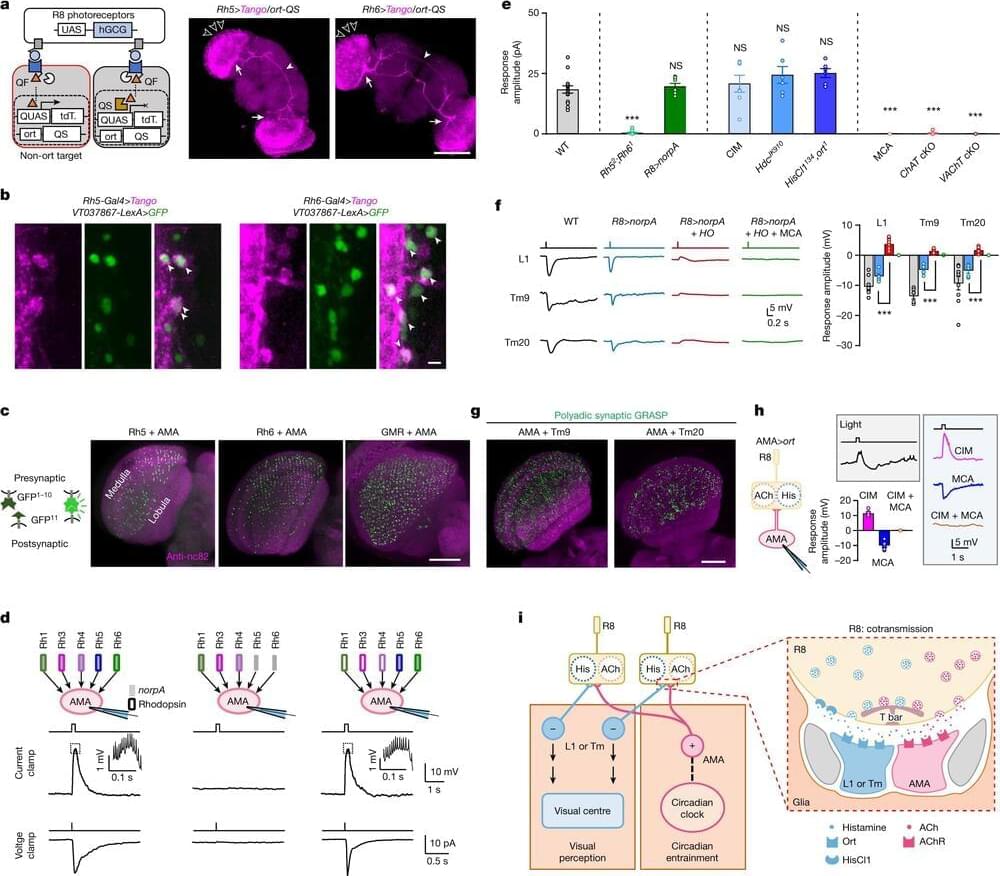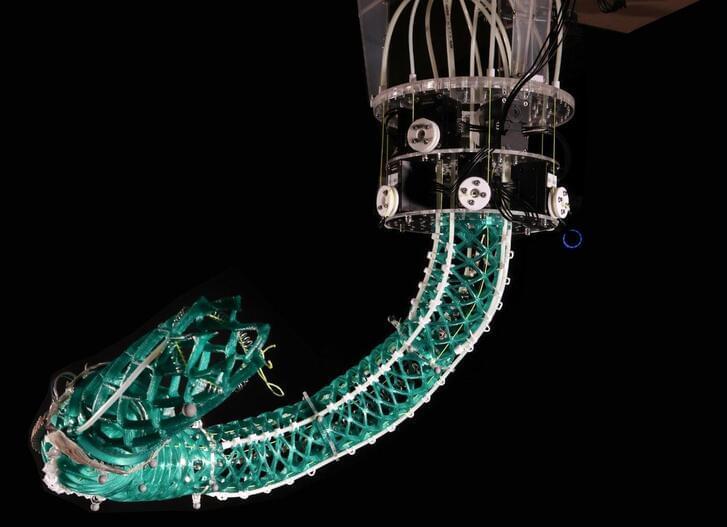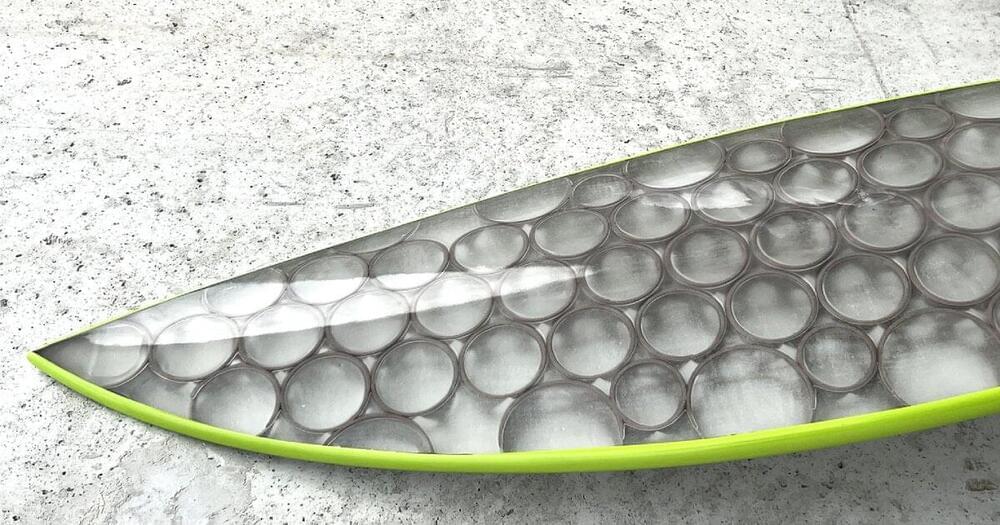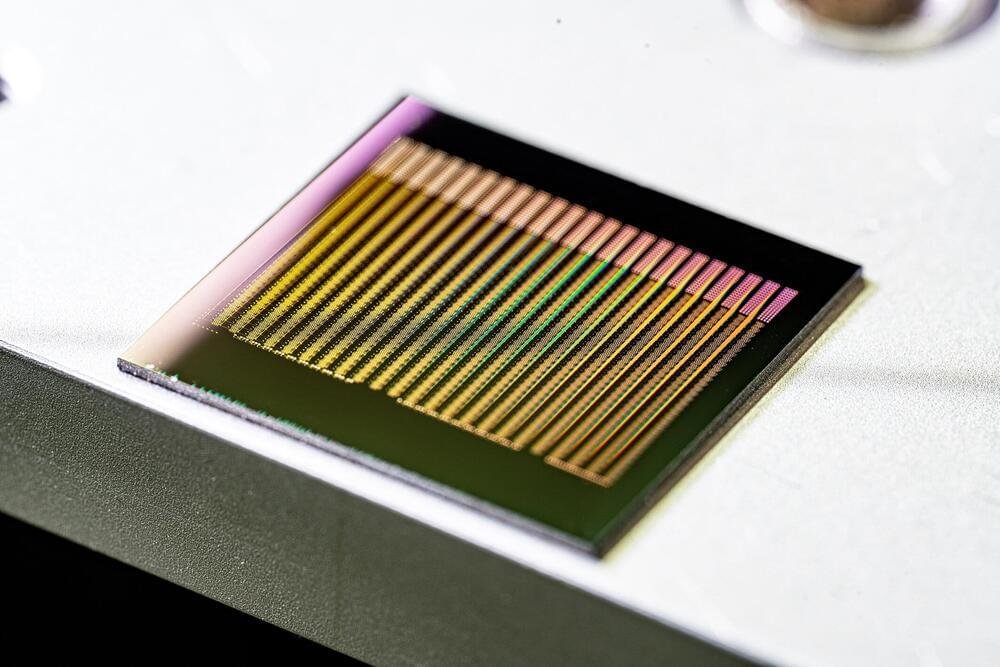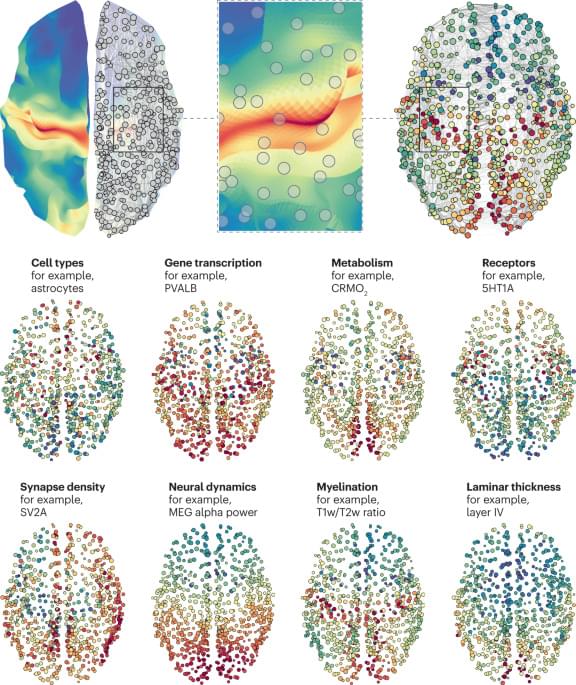An excellent short review on structure and function of the hypothalamus, one of my favorite regions of the brain! Link: https://www.science.org/doi/10.1126/science.adh8488 #neuroscience #biology
The hypothalamus (“hypo” meaning below, and “thalamus” meaning bed) consists of regulatory circuits that support basic life functions that ensure survival. Sitting at the interface between peripheral, environmental, and neural inputs, the hypothalamus integrates these sensory inputs to influence a range of physiologies and behaviors. Unlike the neocortex, in which a stereotyped cytoarchitecture mediates complex functions across a comparatively small number of neuronal fates, the hypothalamus comprises upwards of thousands of distinct cell types that form redundant yet functionally discrete circuits. With single-cell RNA sequencing studies revealing further cellular heterogeneity and modern photonic tools enabling high-resolution dissection of complex circuitry, a new era of hypothalamic mapping has begun. Here, we provide a general overview of mammalian hypothalamic organization, development, and connectivity to help welcome newcomers into this exciting field.
